Students from Chile, Japan have American experience
Two exchange students — one from Japan and one from Chile — have attended classes with Akins students this year.
Despite the difficult conditions of attending in-person classes under the threat of COVID-19 these students have made the most of their once-in-a-lifetime experiences to learn about a different cultures and learn about a new part of the world.
Ben Alvarez — Santiago, Chile
EE: What made you study abroad?
Ben Alvarez: “I mean, there’s multiple reasons. First of all, my mom, and her side of the family all did exchange years here in the US. It really motivated me to want to do it. They always told me how great it is, and how such a life-changing experience it is. At the beginning of the year, they told me we had the chance to do it, and I was like, ‘OK. Let’s go’. It’s also wanting to self improve and be more out there if that makes sense.”
EE: What is something different about the education system here than in your hometown?
Ben Alvarez: “It’s really different. It’s how the school works. First of all, teachers move classes, not students. So you’re staying with the same group of people all the time except for electives but you have the same group of people. And throughout the years, you stay with almost the same people. So I’ve known my classmates already for eight years.
Most schools in Chile have middle school and high school together, even elementary. Mine has elementary, so I haven’t switched schools. I’ve met most of them most of my life. And the grading system is different. Here, you can do a like a lot of retakes. In Chile, it’s less homework, but more pressure on tests. You can not do retakes and they’re more hard. They put some more emphasis on that.”
EE: What’s your hometown like? And How’s it different from here?
Ben Alvarez: “I live in the Capitol. So it’s much bigger, like 7 million people. So everything’s more busy most of the time. So here is more peaceful. But one thing that’s annoying from here, it’s really hard to walk anywhere. If I wanted to go for example, to the grocery store, in Chile, it would take me like 15 minutes. Here, it’s like an hour walk. It’s really spread out here so everywhere you need to move around you have to have a car. It’s more inconvenient for me that I can’t drive.”
EE: What advice would you give other students that want to study abroad?
Ben Alvarez: “Studying abroad, you have to be more open to stuff. You have to be more outgoing. Like, they really say a lot, like get out of your comfort zone. But here, you’re kind of forced to be out of your comfort zone. You’re put in a new school where you don’t know anyone and you don’t really speak the language. And if I’m being honest, no one’s going to approach you. Most of the time, it’s either I’m alone, or like I take the guts and like I do it. I talk to new people, I put myself out there. Also, sports helps a lot with after school activities to meet new friends. And usually you can make friends with the other exchange students that’s like, also easy in a way to find yourself at home.”
EE: What is something interesting that you found here that you’ll go back to your hometown and tell people about
Ben Alvarez: “The food. Sometimes it’s like weird. I’ve heard of deep-fried Oreos. For example, I love Dairy Queen now that I’ve been here. The Blizzards. Oh my god. So many calories. It’s so funny. A lot of burger places here. It’s a lot of fast food. But also like Tex Mex. It’s really good. Like Mexican food in Chile. It’s worse than it’s here.”
Kenichi Doi — Kobe, Japan
EE: What made you want to study abroad?
Kenichi Doi: “The culture. I have two reason to study abroad here. The first one is I went to Australia as exchange student, too, when I was 14 years old. It was only for two weeks, but a very good experience that is so fun. So, I want to do it, again. The second one is before I went back to Japan from Australia, I knew that I know only about Japan. So I want to know and experience our world. So I wanted to know for example, what are differences in cultures.”
EE: What is something different about the education system here than in your hometown?
Kenichi Doi: “In Japan, it’s very different. Classmates (are always the) same. Only teachers decided to change each class. I can meet many people (in my classes here), but it’s kind of hard for me because I can’t stay with them a long time. Only the one class period.”
EE: Well what’s your hometown like? And how is it different from here?
Kenichi Doi: “My hometown is close to the mountains. It’s kind of a rural area, but it’s between rural areas and cities. So public services there is good I think in my area. I am always using the train when I go to school and hang out with my friends, but here you know, almost people got hangout by car.”
EE: What advice would you give other students that want to study abroad?
Kenichi Doi: “You must just talk. I can learn English with an interpreter, but it’s not useful for speaking because in Japan, the Japanese education system makes students focus on writing and reading only. We can speak well with overseas people, but after I came here, though, I can learn English naturally every day because I needed to talk with teachers and the students to learn something.”
EE: What is something interesting that you found here that you’ll go back to your hometown and tell people about?
Kenichi Doi: “Food. I’m surprised about sushi. When I went to the HEB with my host fathers, I saw sushi. It is too different. Japanese food is more simple, just cutting fish, mixing rice and vinegar with something. I just put fish on the rice. The one I ate (from HEB) had sauce and had more decoration. But the taste is good.”
Your donation will support the student journalists of Akins High School. Your contribution will allow us to purchase equipment and cover our annual website hosting costs.
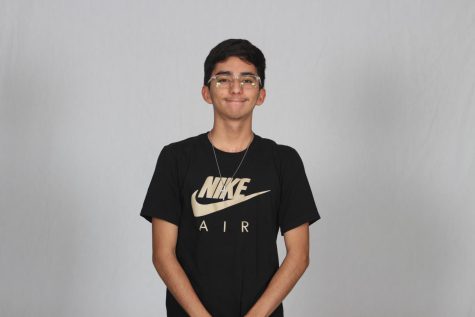
Academy: New Tech
Number of Years on Staff: 2
Title: Staff Writer
Why do you enjoy being on staff?: I enjoy being on staff because I get to meet new people.
What do you do for fun?: I like to play video games and watch TV shows.
What are your hobbies?: Playing video games and going to the gym.
Hopes & Dreams after high school?: I hope to go to college and study more to get a better job. 0


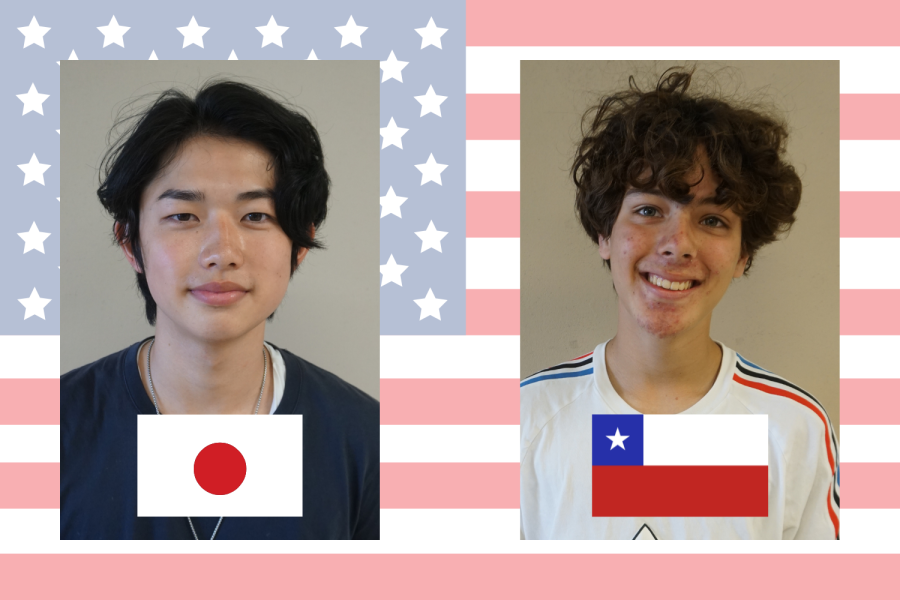
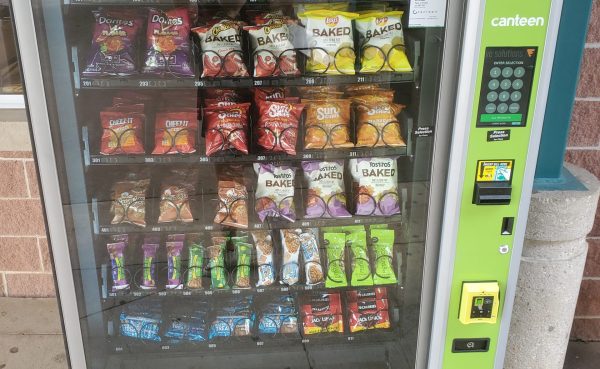
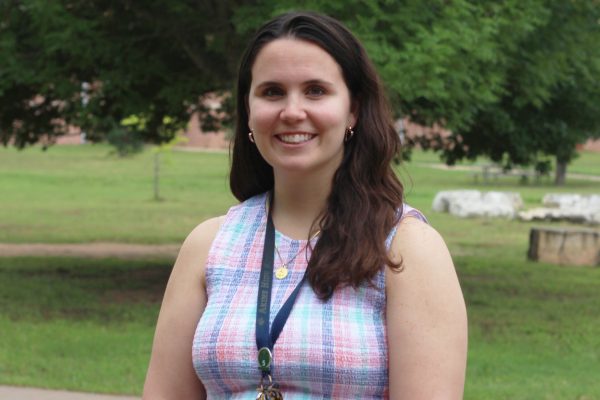
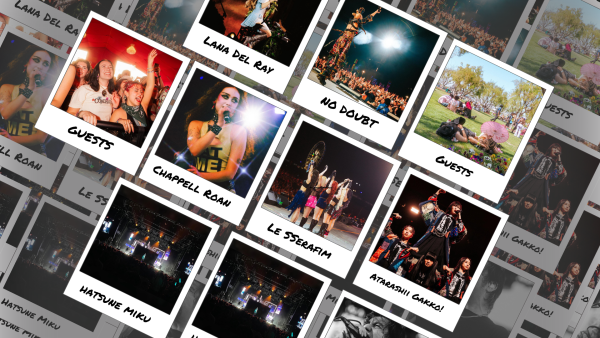
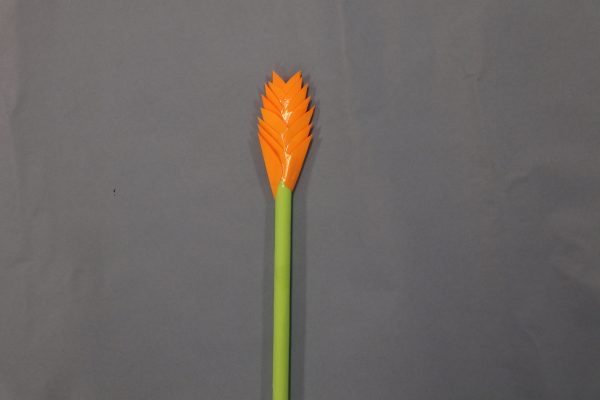
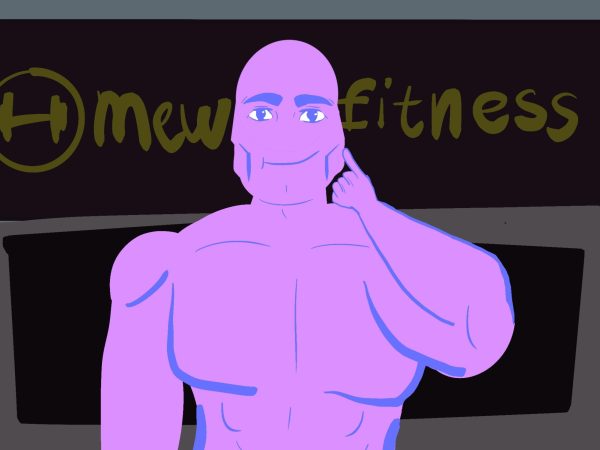

Benjamin Alvarez • Aug 1, 2022 at 7:47 PM
That chilean kid looks dope